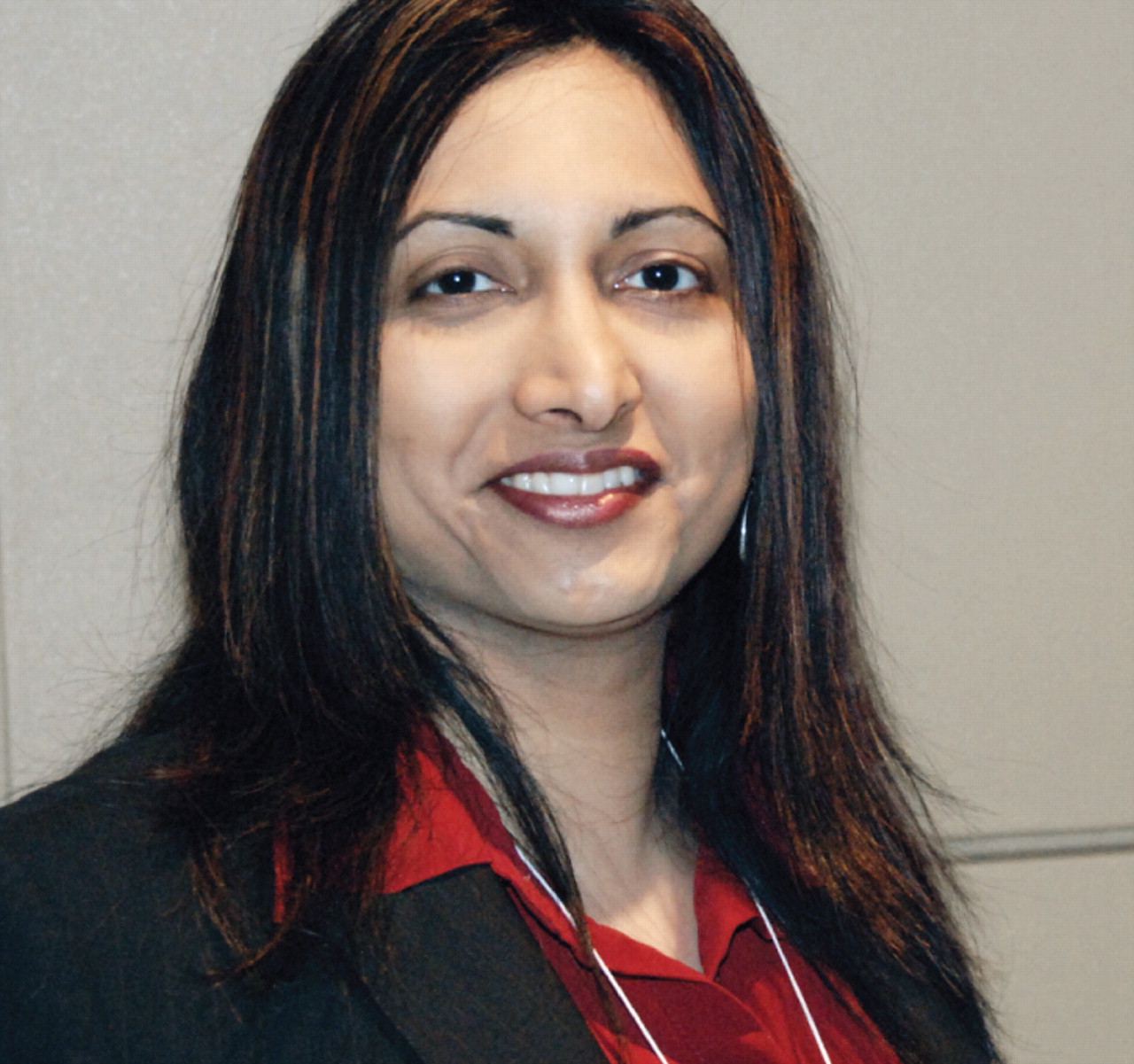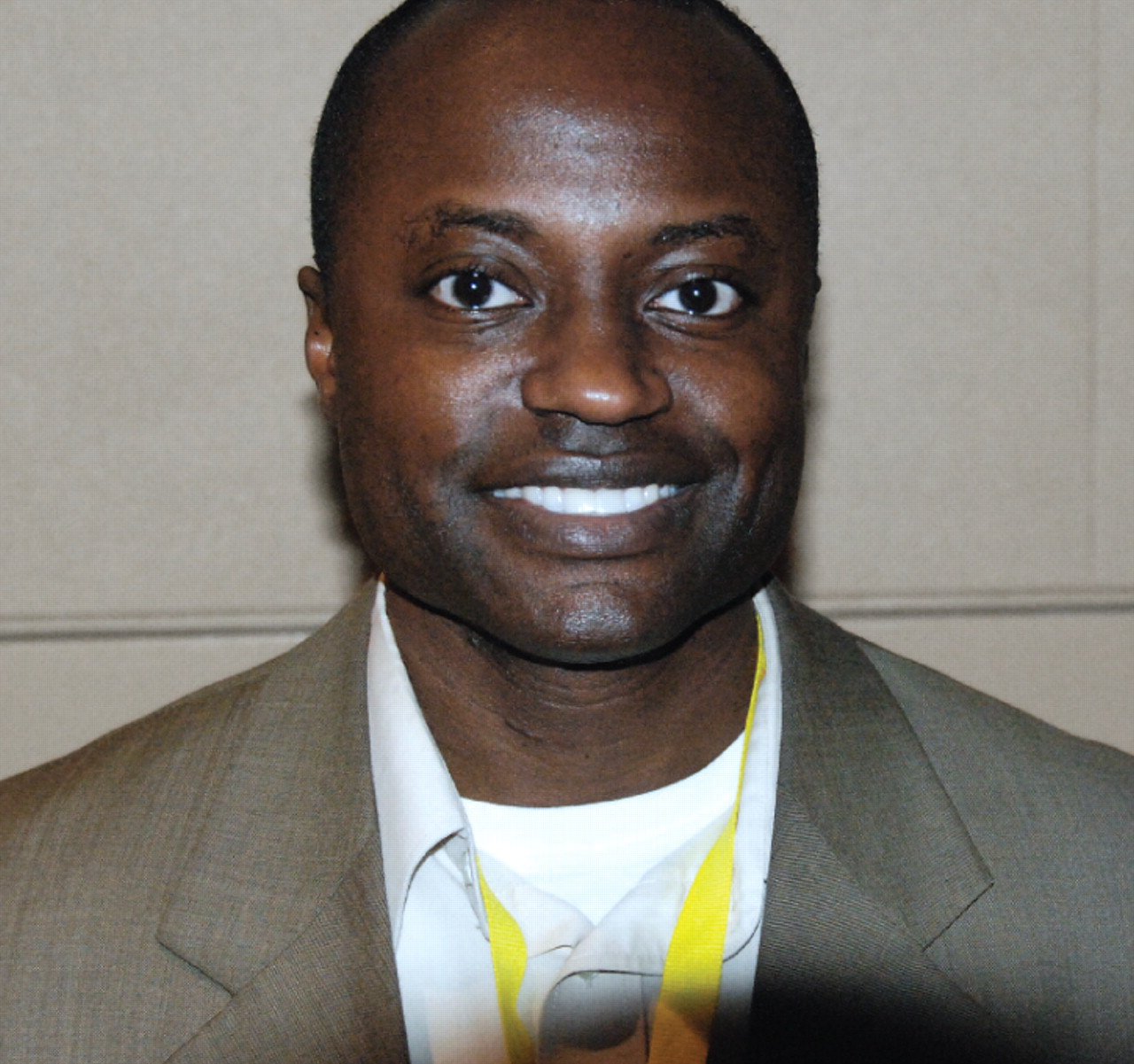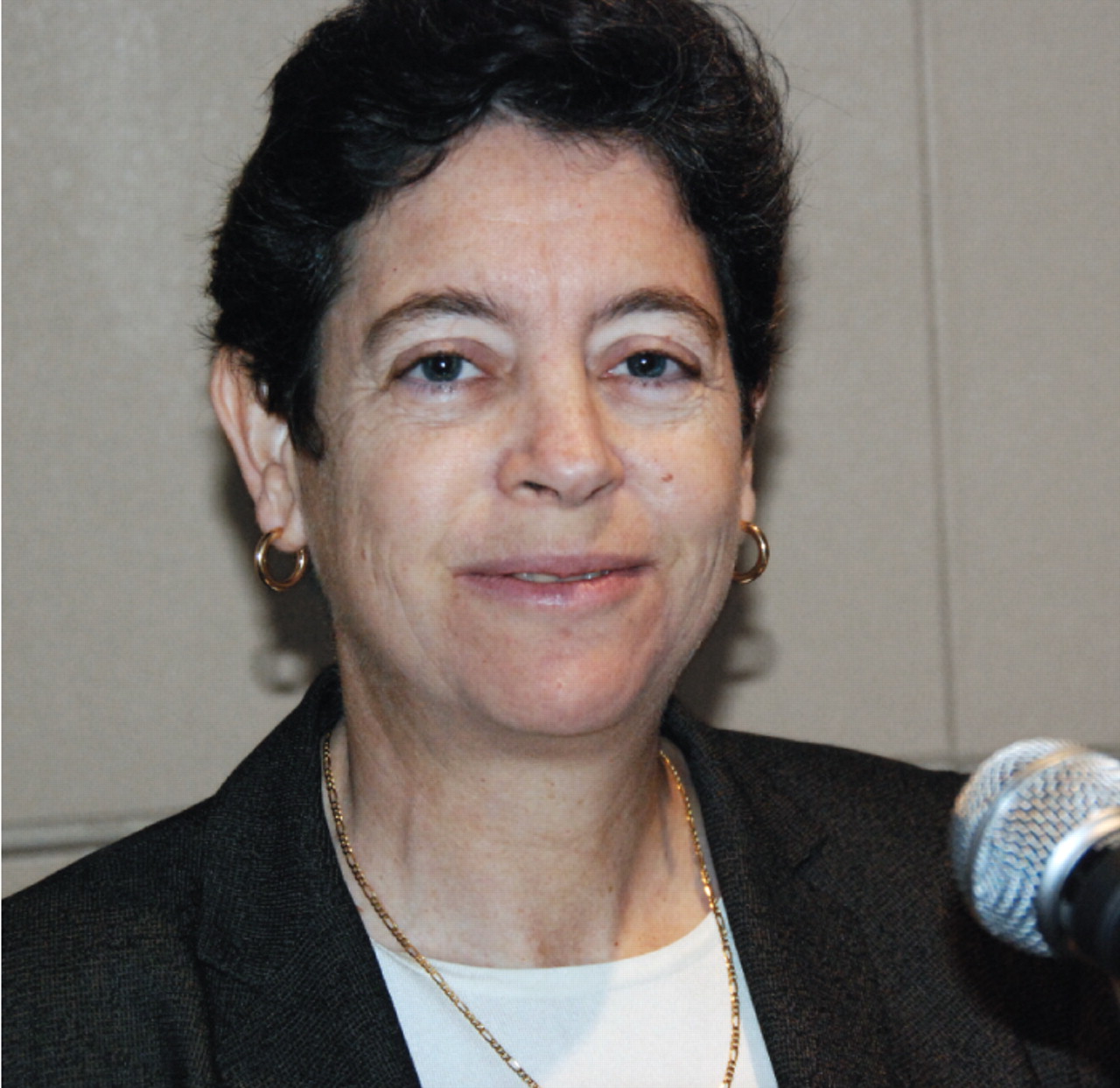Legal Barriers, Bias Complicate Aging for Gays, Lesbians
Having a circle of friends is a great help when you are old and gay, but you'd better also think about your Social Security and hospital-visitation rights, said several speakers at APA's annual meeting in San Francisco in May.
Social stigma and legal barriers make transitions that are difficult enough for elderly people in general even more problematic for those who are gay, lesbian, or transgendered, especially those who have come out later in life, they said.

Umee Davae, D.O.: “[Gays and lesbians] may have had to face family issues when they came out, which may strain relations as they age.”
Credit: Aaron Levin
“They may have had to face family issues when they came out, which may strain relations as they age,” said Umee Davae, D.O., a staff psychiatrist at Yellowbrick, a private psychiatric facility in Evanston, Ill. And they may have to face forms of elder abuse that other seniors rarely have to deal with, she said, recounting the story of a nursing-home aide who refused to bathe a resident who was a lesbian.
Nonetheless, some gays and lesbians may adapt better because they have developed strong social circles with friends, which can provide support if their families of origin are unable or unwilling to do so. That debunks the myth of the “old, sad, lonely, aging gay person,” noted Stephan Carlson, M.D., an assistant professor of psychiatry at Louisiana State University Health Sciences Center School of Medicine, in a paper read in his absence.
In fact, some studies show a “crisis competence” derived from considerable experience dealing with stigma and discrimination, said Carlson.“ Being gay isn't a problem, but living in a homophobic society is.”

Eric Williams, M.D.: “People with a dual-minority status face a dilemma if they feel they have to choose one identity or the other.”
Credit: Aaron Levin
Very little is known in particular about the status of older lesbian, gay, bisexual, or transgendered (LGBT) people who are members of minority groups, said Eric Williams, M.D., an assistant professor of child and adolescent psychiatry at the University of South Carolina School of Medicine. His search through the literature for the intersection of “lesbian or gay,”“ ethnic minority,” and “elderly” yielded all of six published articles.
“People with dual-minority status face a dilemma if they feel they have to choose one identity or the other,” he said. If they identify as a member of their ethnic or racial group, they may face rejection due to heterosexism or homophobia. If they choose their gay or lesbian identity, they may lose social support from their primary ethnic group and have no buffer against racism from the majority community.
Unfortunately, drawing any conclusions about the mental health needs of this population is limited by the lack of research, said Williams.

Ellen Haller, M.D.: As they grow older, gay and lesbian individuals must consider social, legal, and financial issues that often aren't concerns of aging heterosexuals.
Credit: Aaron Levin
LGBT individuals have fewer legal protections, a serious problem that may come to the fore as they age, said Ellen Haller, M.D., a psychiatrist at the University of California, San Francisco. She cited, for example, the case of a 72-year-old female-to-male transsexual who was forced out of an assisted-living facility and found he had no legal recourse to challenge this action.
“Some U.S. Department of Housing and Urban Development rules prohibit discrimination, but no federal law does,” said Haller. The elderly are presumed heterosexual when accessing services unless they openly acknowledge that they are not, and when they do come out, they may be taking on a whole new set of problems in receiving needed care.
LGBT individuals must also confront legal questions relating to marriage and civil unions and the legal status of their spouses or partners. And unmarried partners cannot receive the Social Security benefits derived from a deceased or disabled spouse's account.
Medical decision making may be handed over by hospitals or courts to blood relatives rather than long-time, same-sex partners. The latter may also not be covered by health insurance, except in states with domestic-partnership laws.
Tax laws prohibit a partner from automatically inheriting an individual retirement account without paying taxes. There is no protection for unmarried couples under the federal Family and Medical Leave Act. In addition, most traditional pensions continue payments to the surviving spouse of a deceased employee, but not for an unmarried partner.
“Transsexuals have even more invisibility and less legal protection” than gay men and lesbians, said Haller.
Several conventional legal documents can help LGBT individuals and couples carry out their wishes later in life. General and health-specific durable powers of attorney, along with living wills and advance directives, can guide care. A last will and testament can direct the disposition of assets. Documents that specify priority for hospital visitation may serve as a guide and may be accepted by some hospitals, but they lack full legal standing, Haller noted. Just as important, she said, is the need to train health care workers to understand and care for aging LGBT individuals and to pass antidiscrimination laws to protect sexual minorities.
The American Society for Aging has information on its “LGBT Aging Issues Network,” which is posted at<www.asaging.org/lgain>.▪



